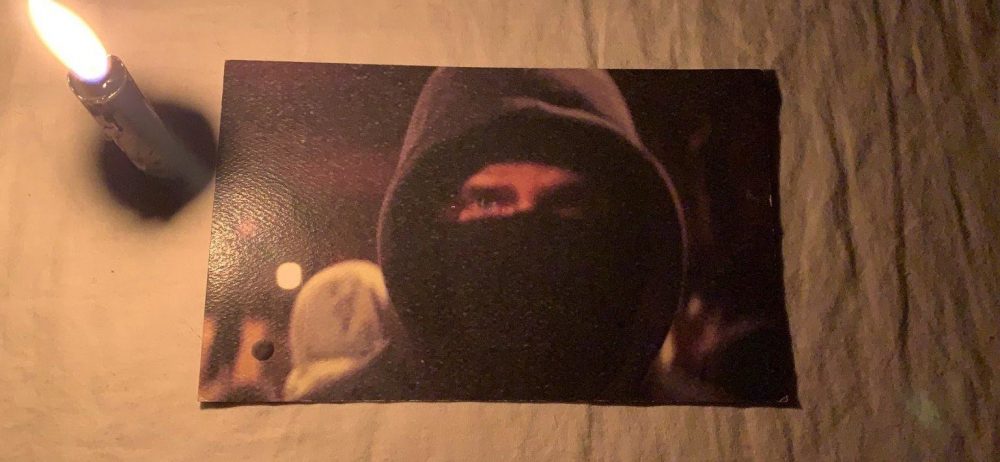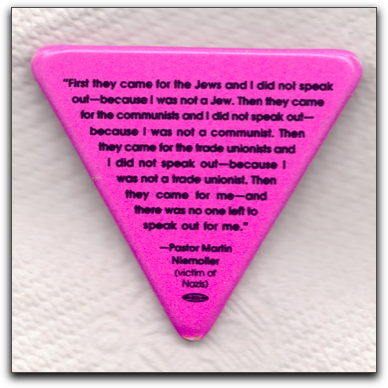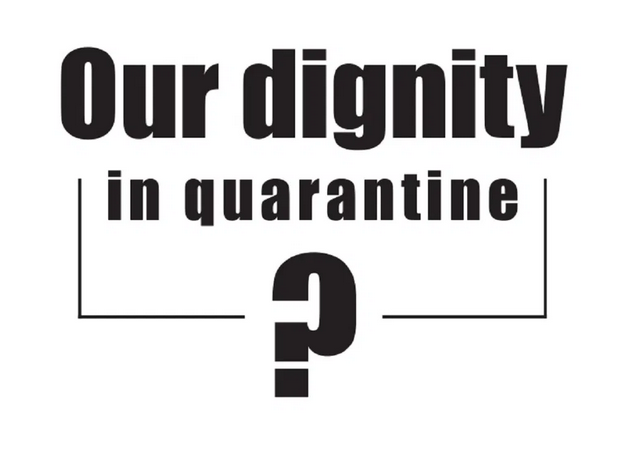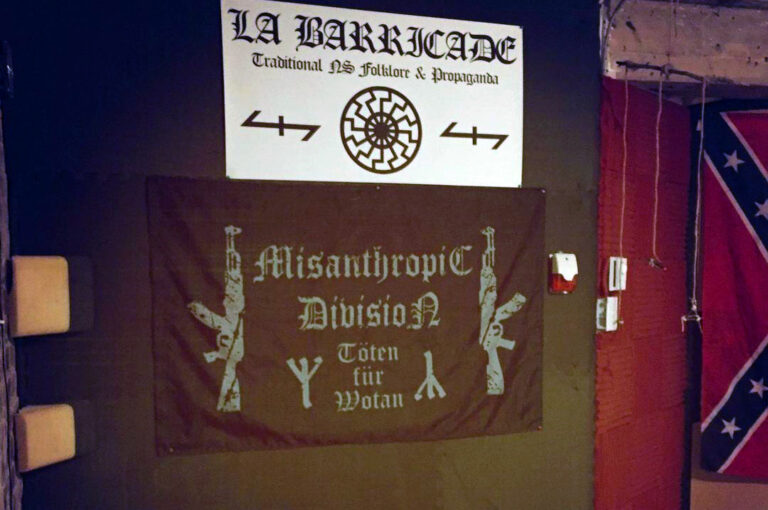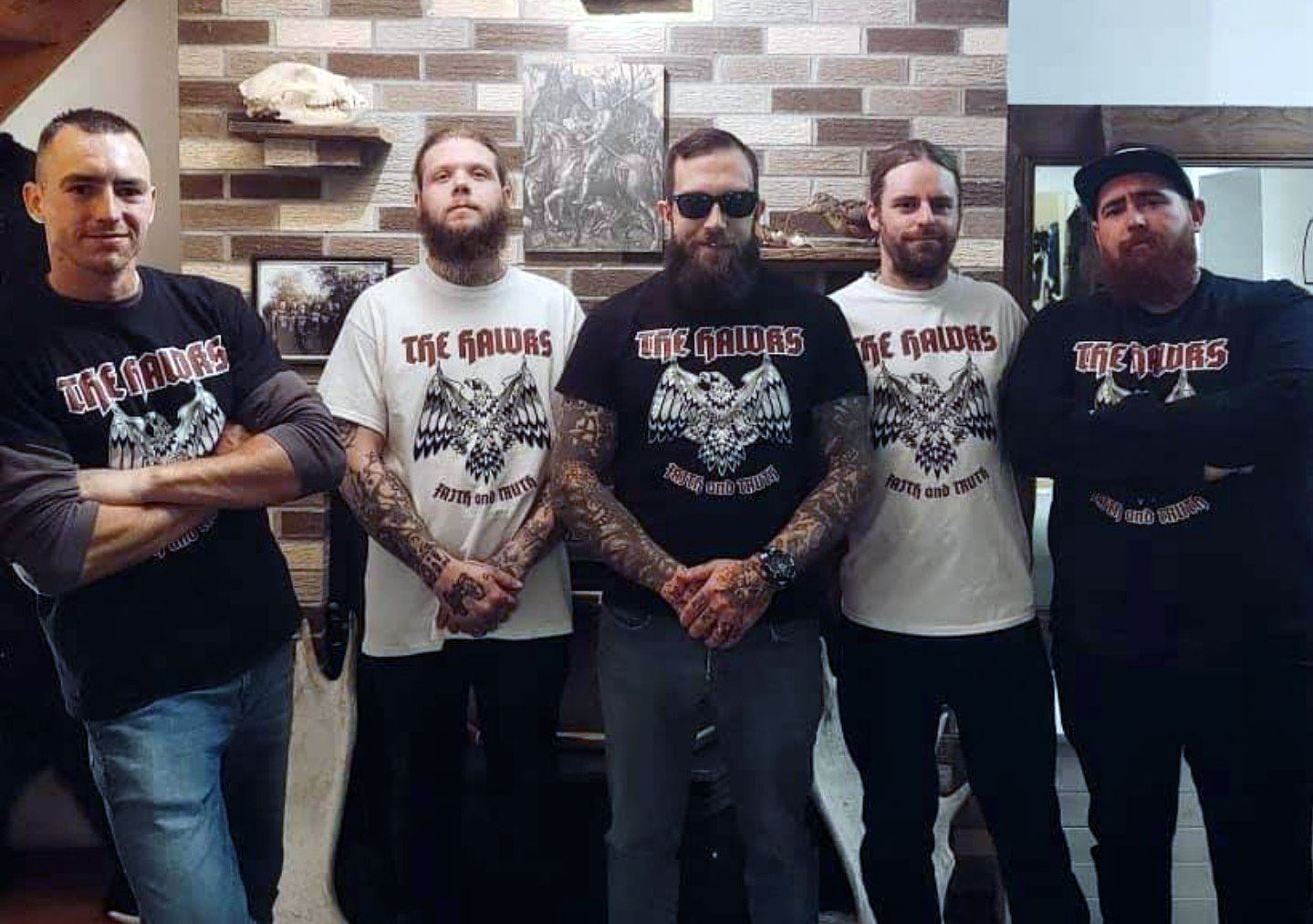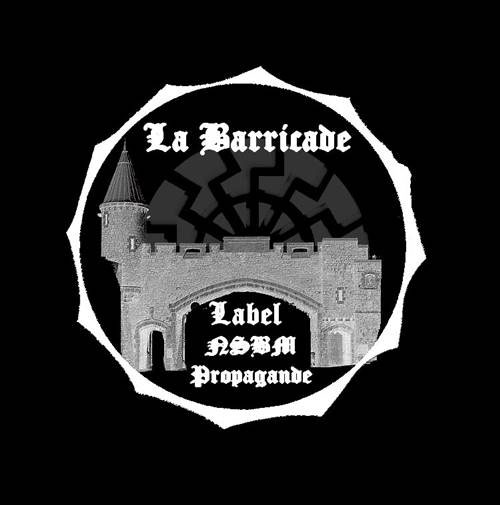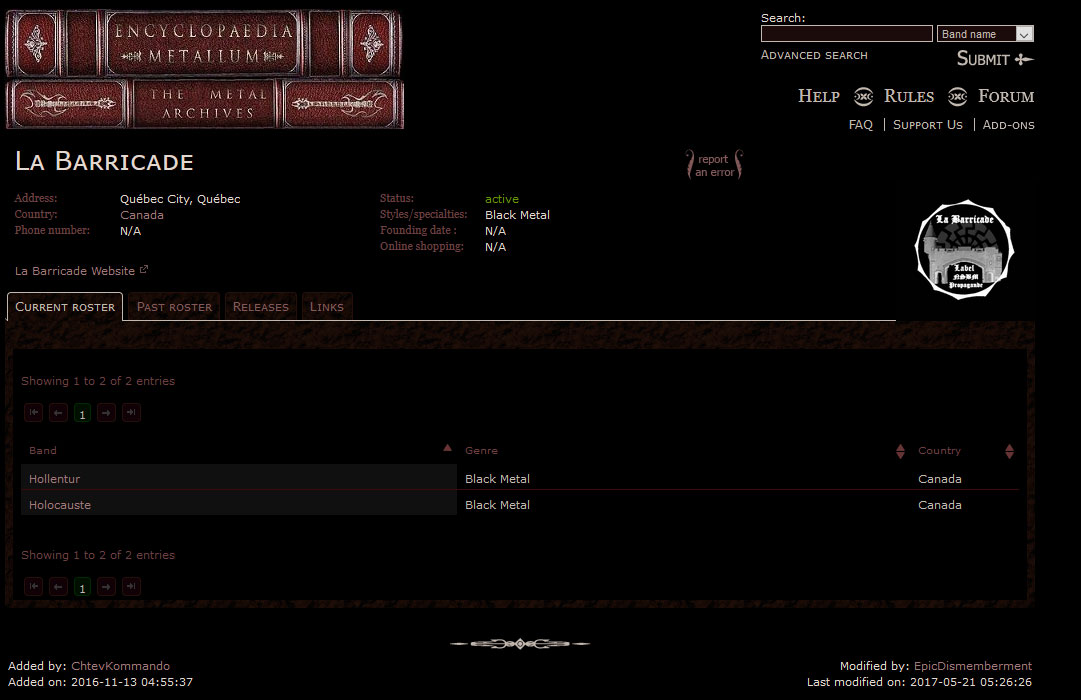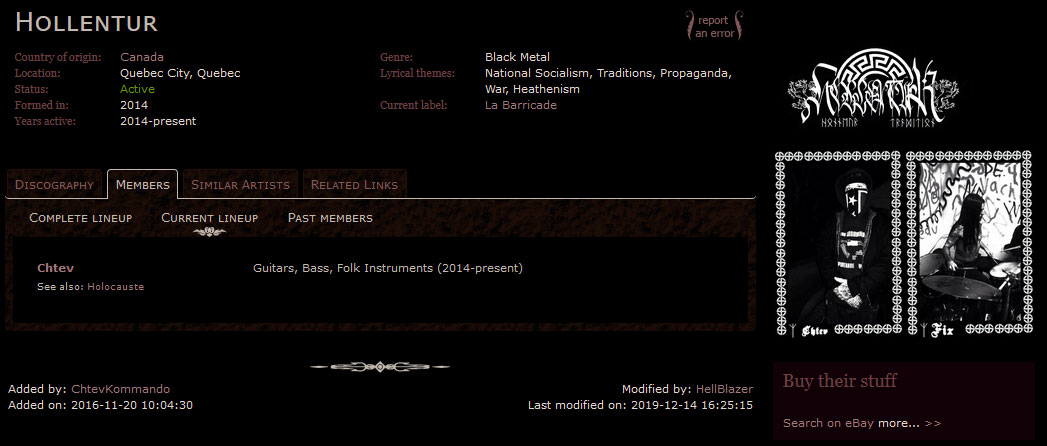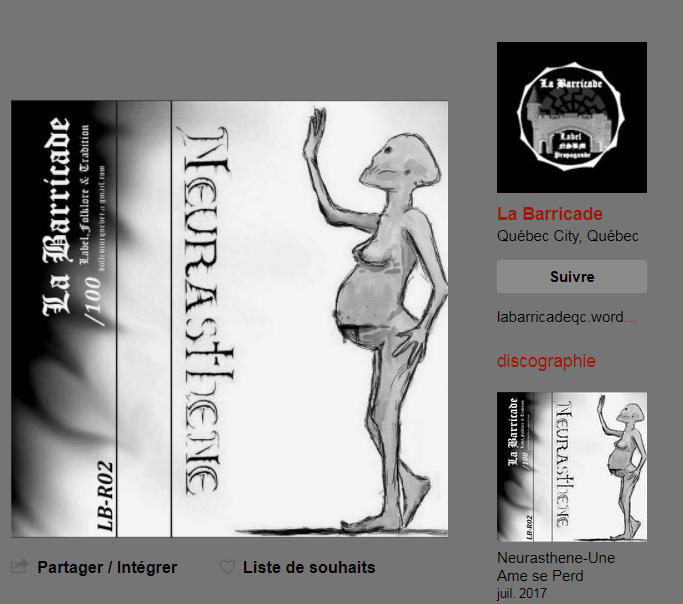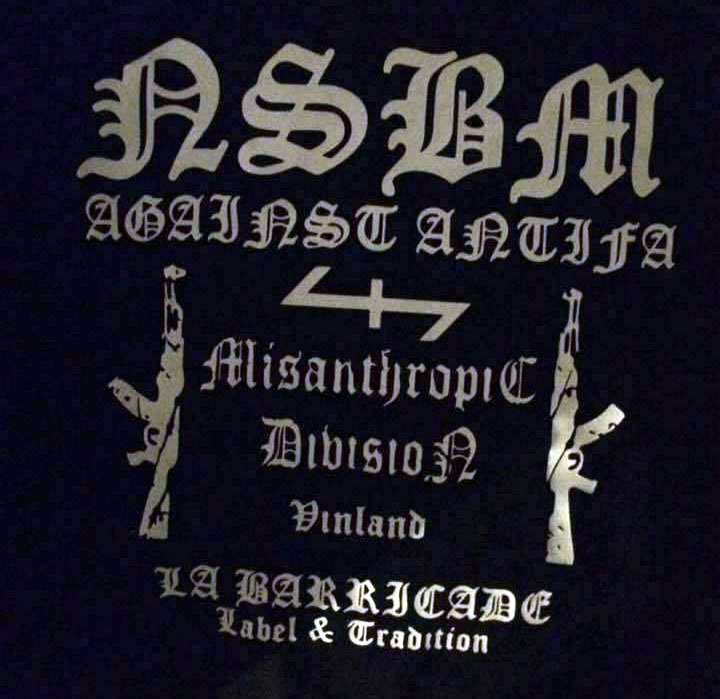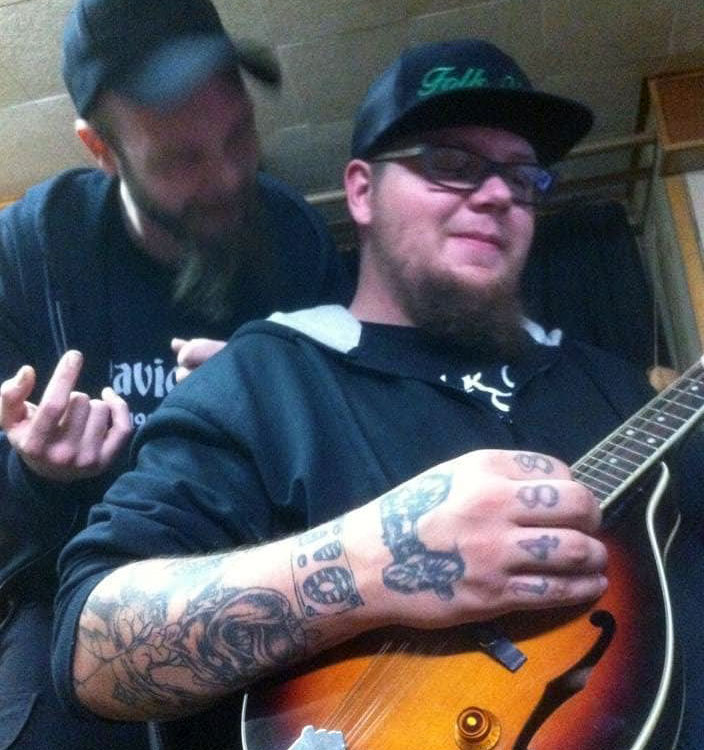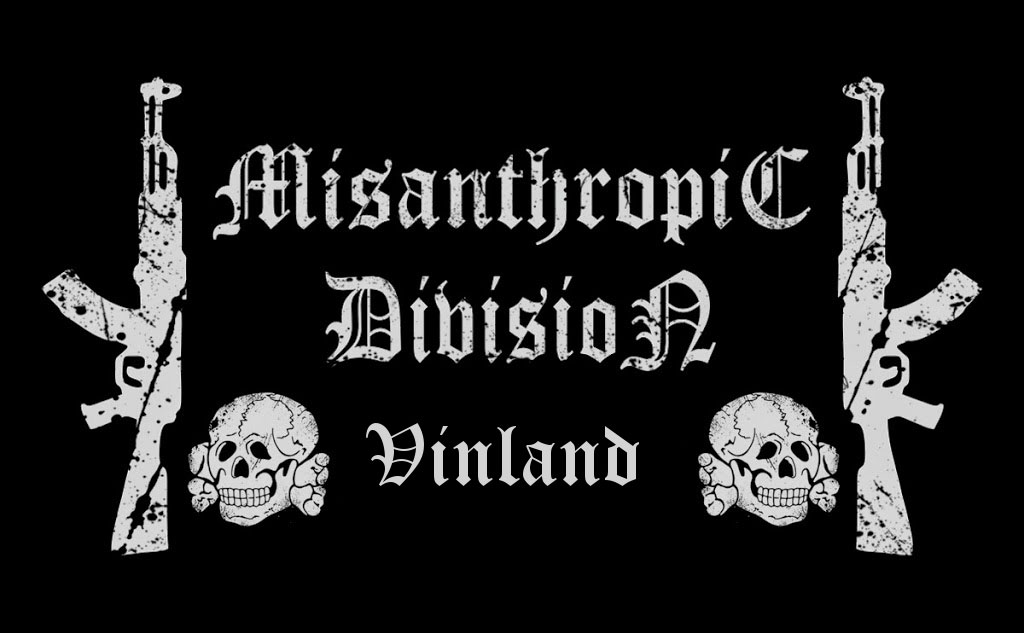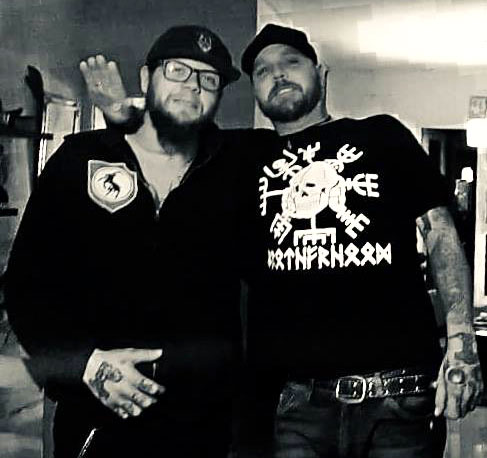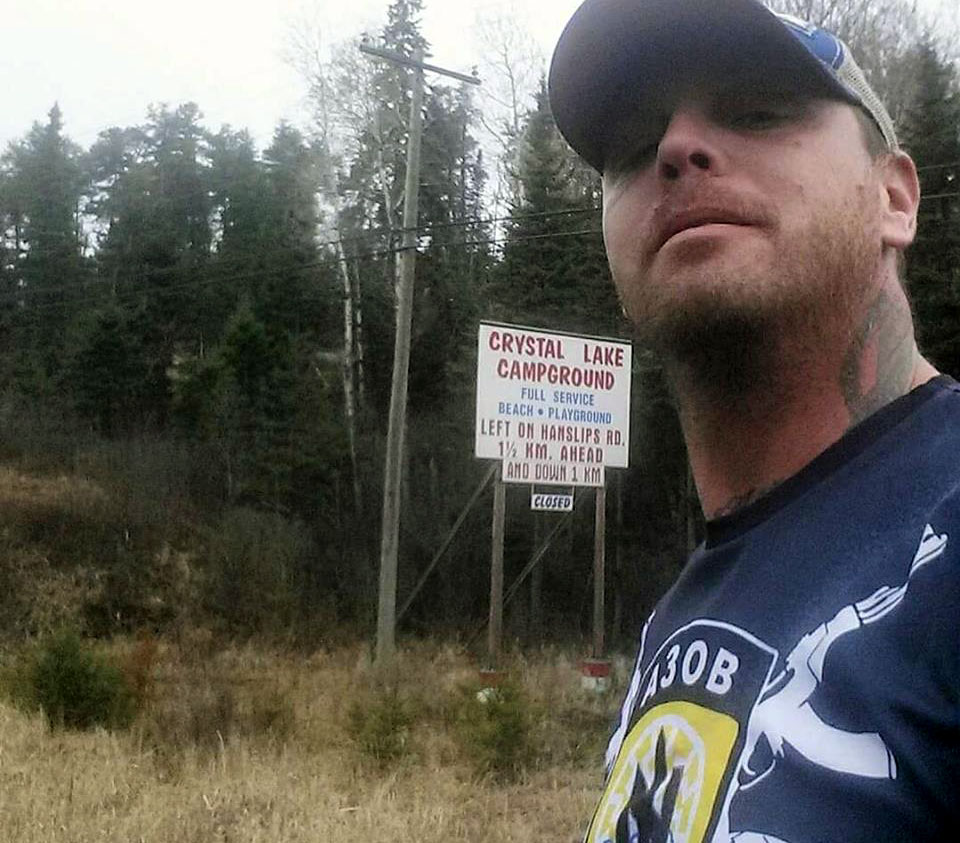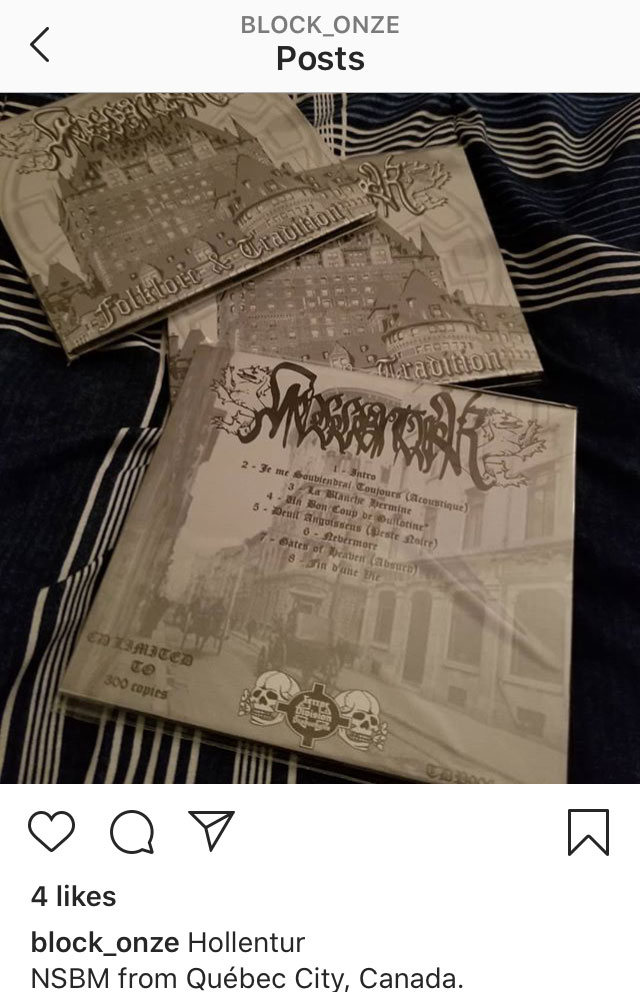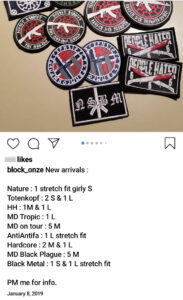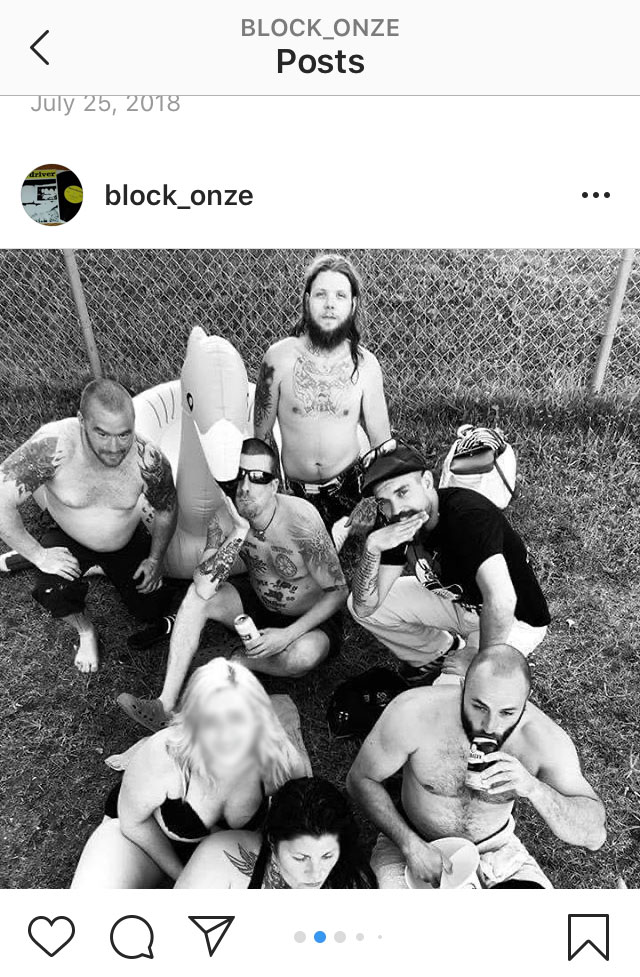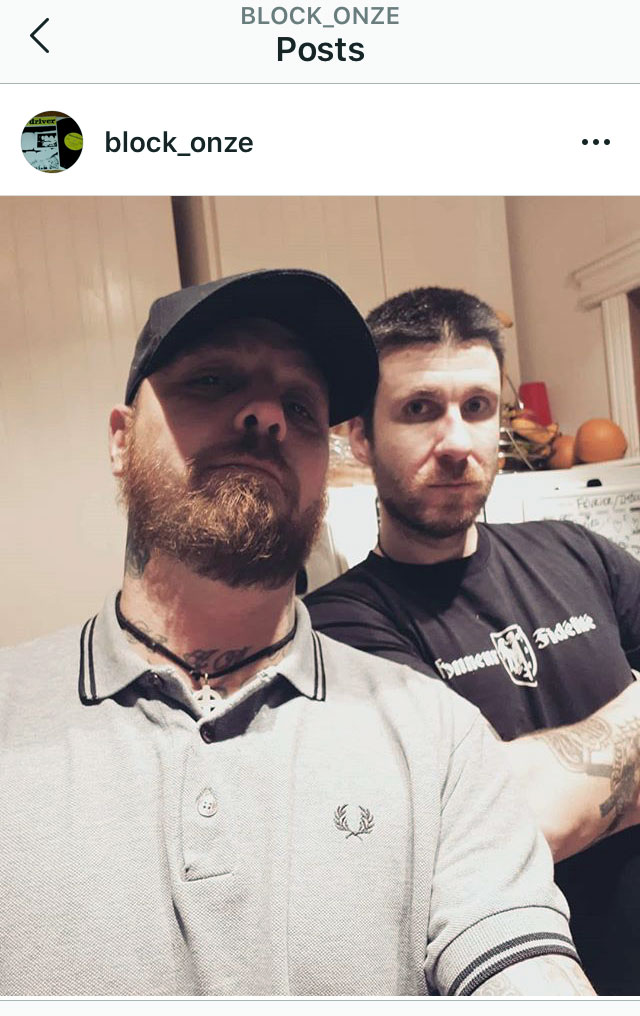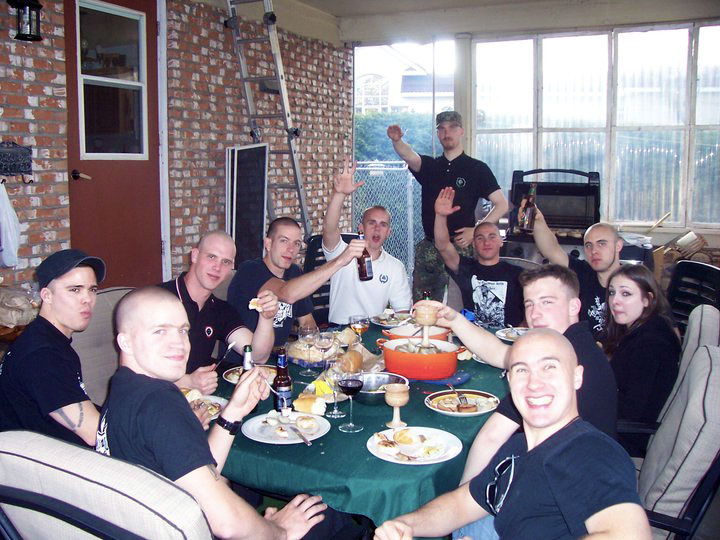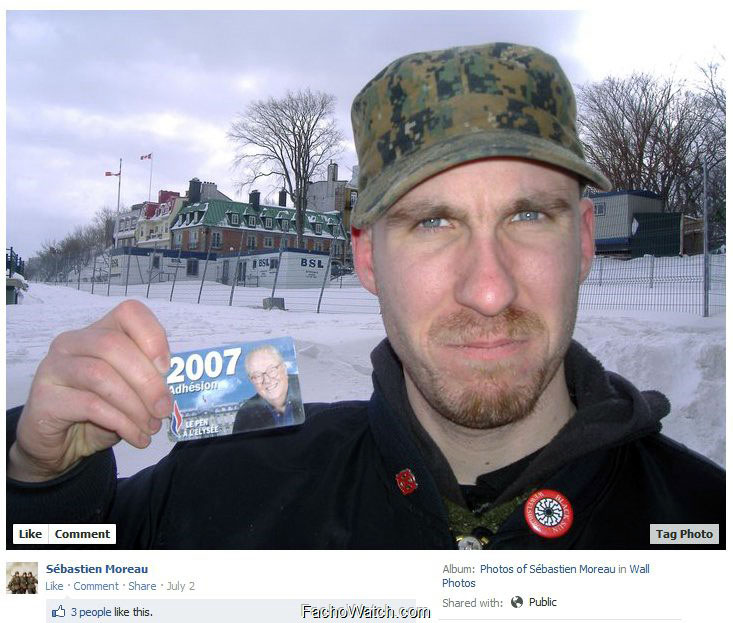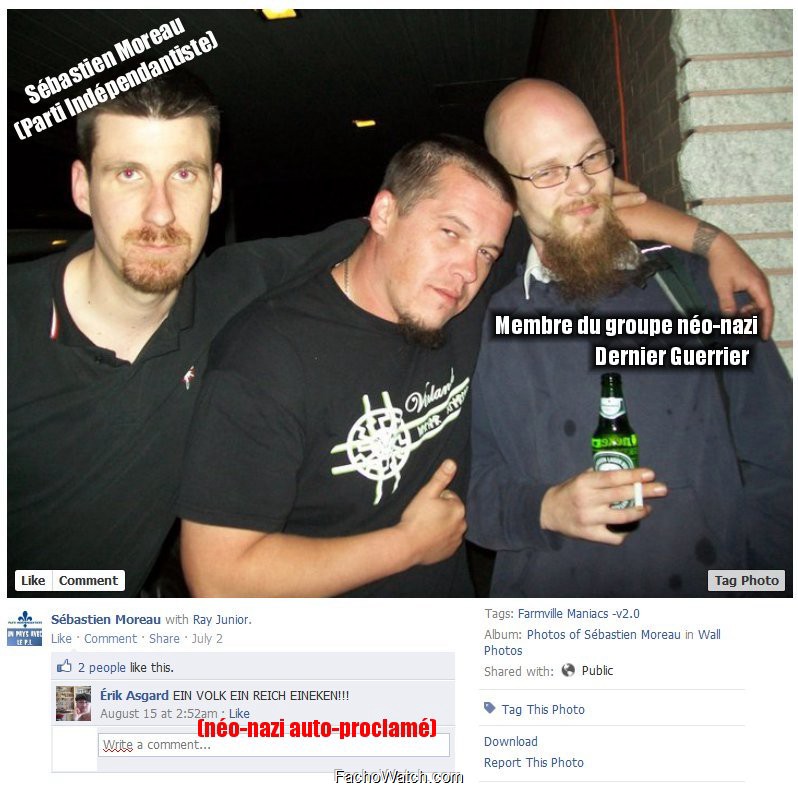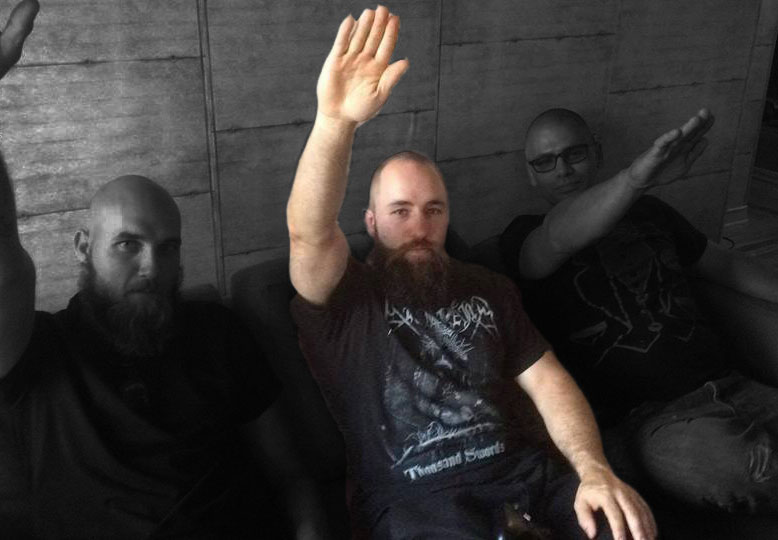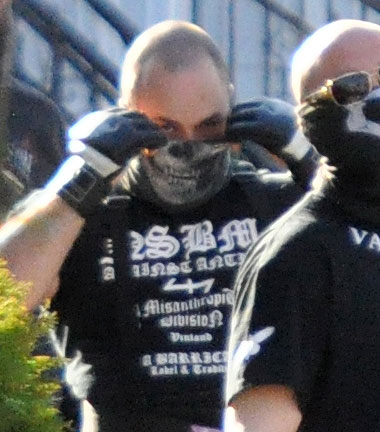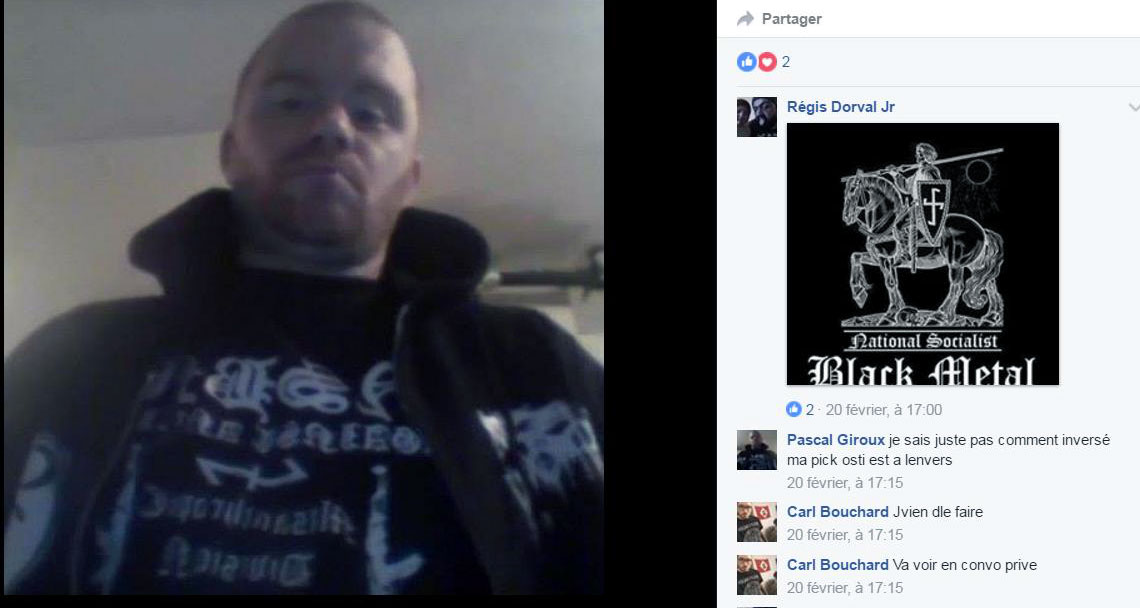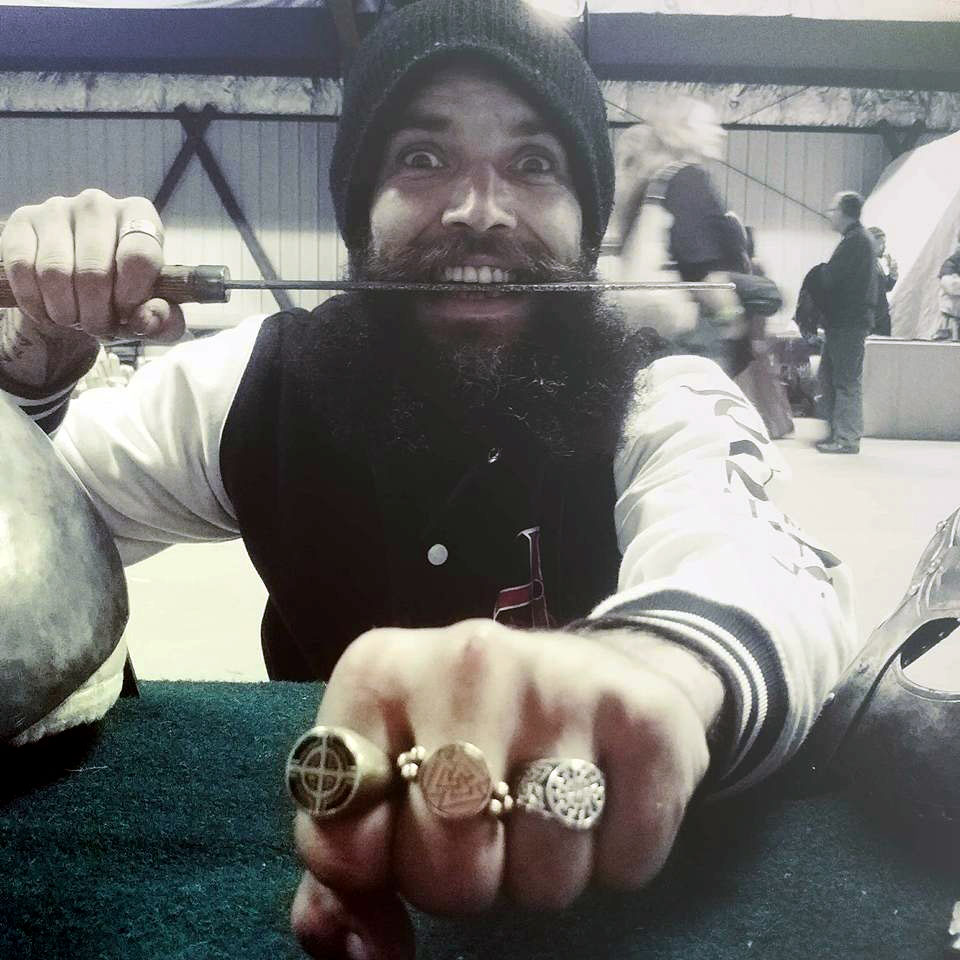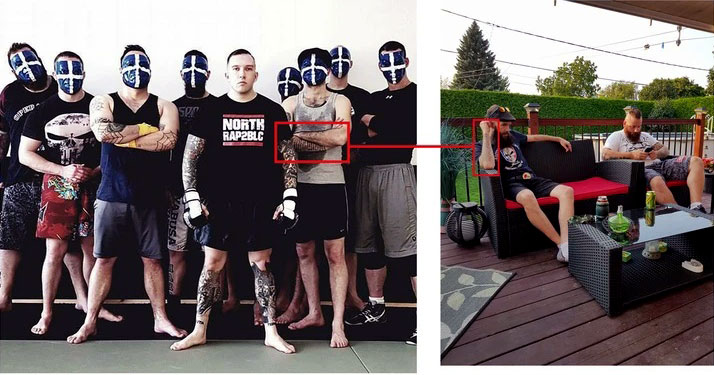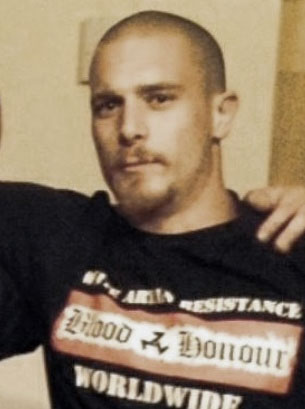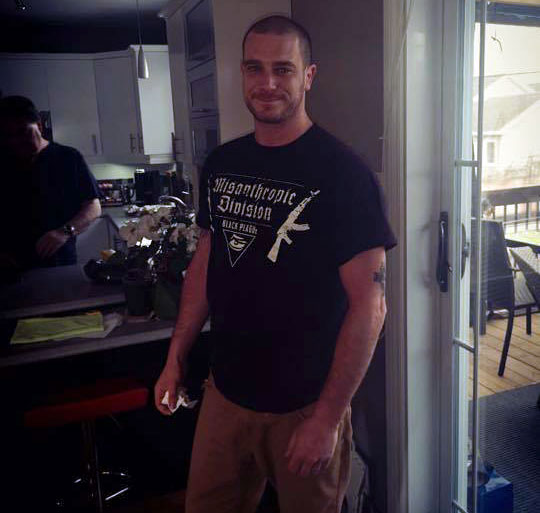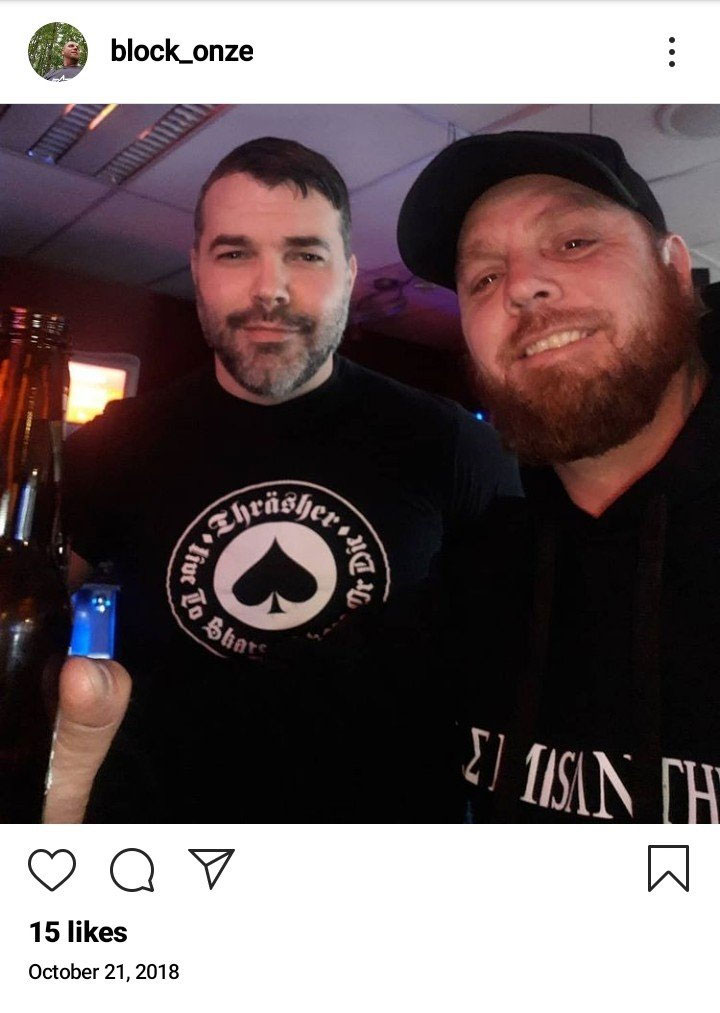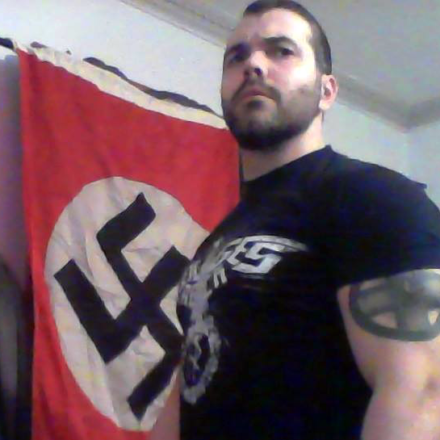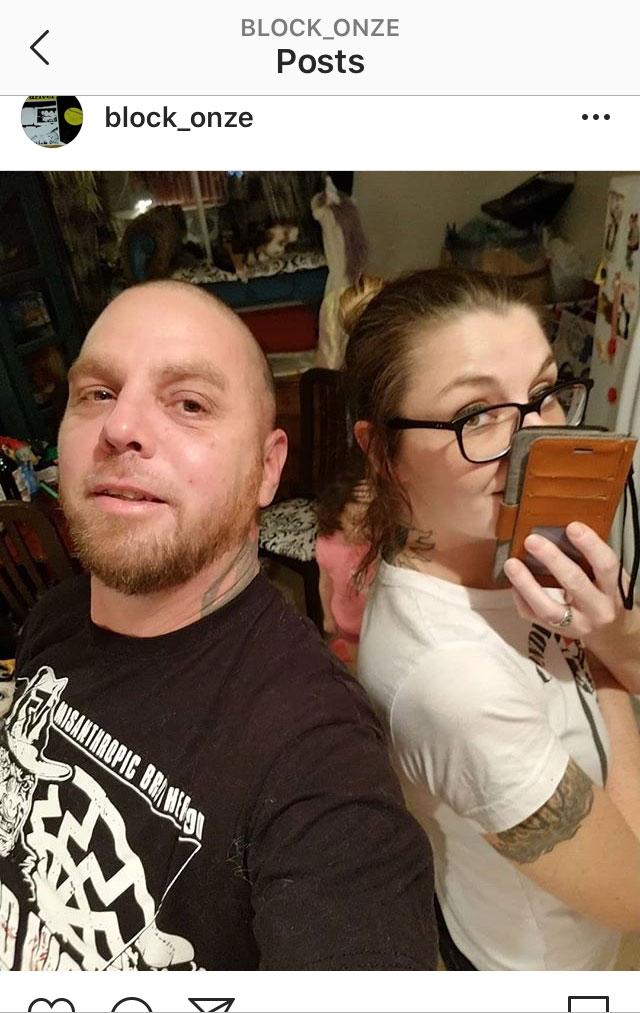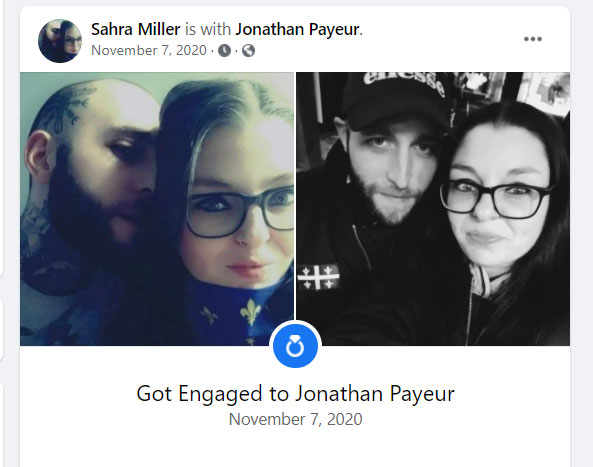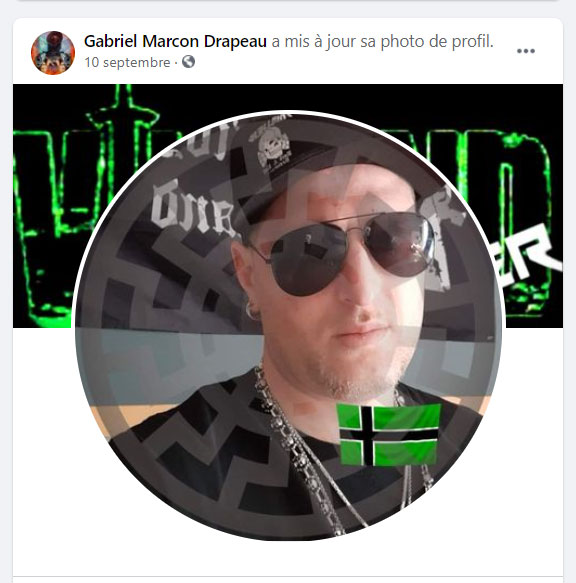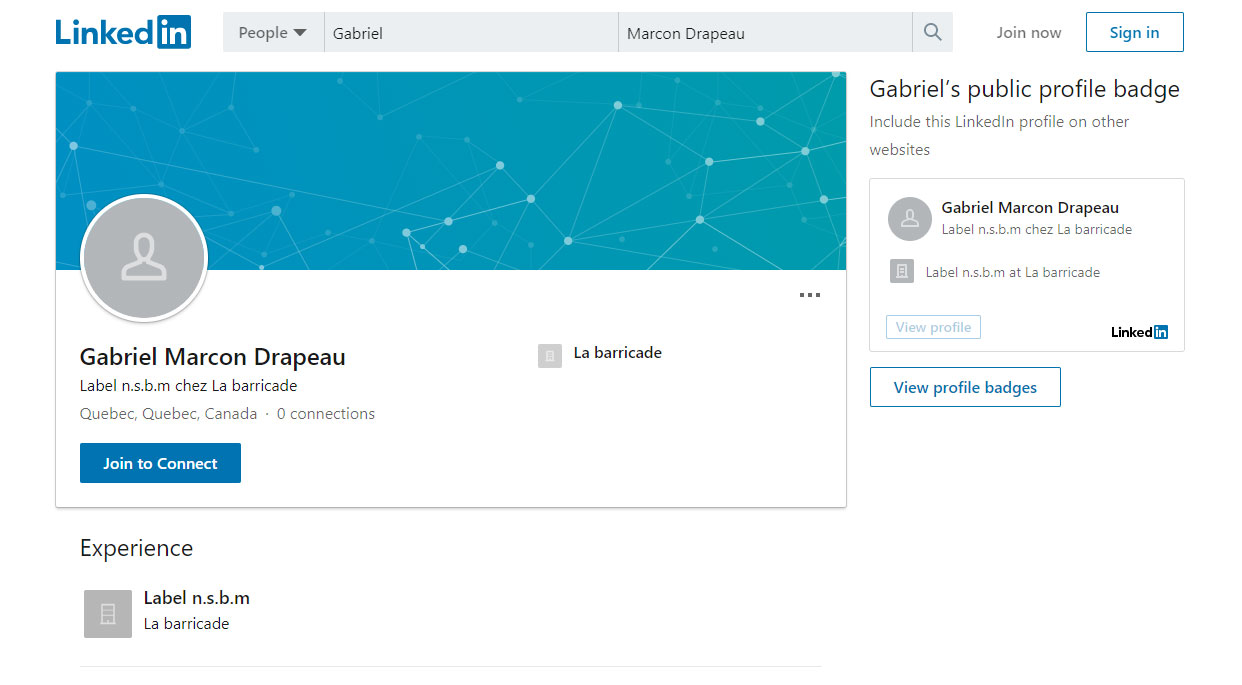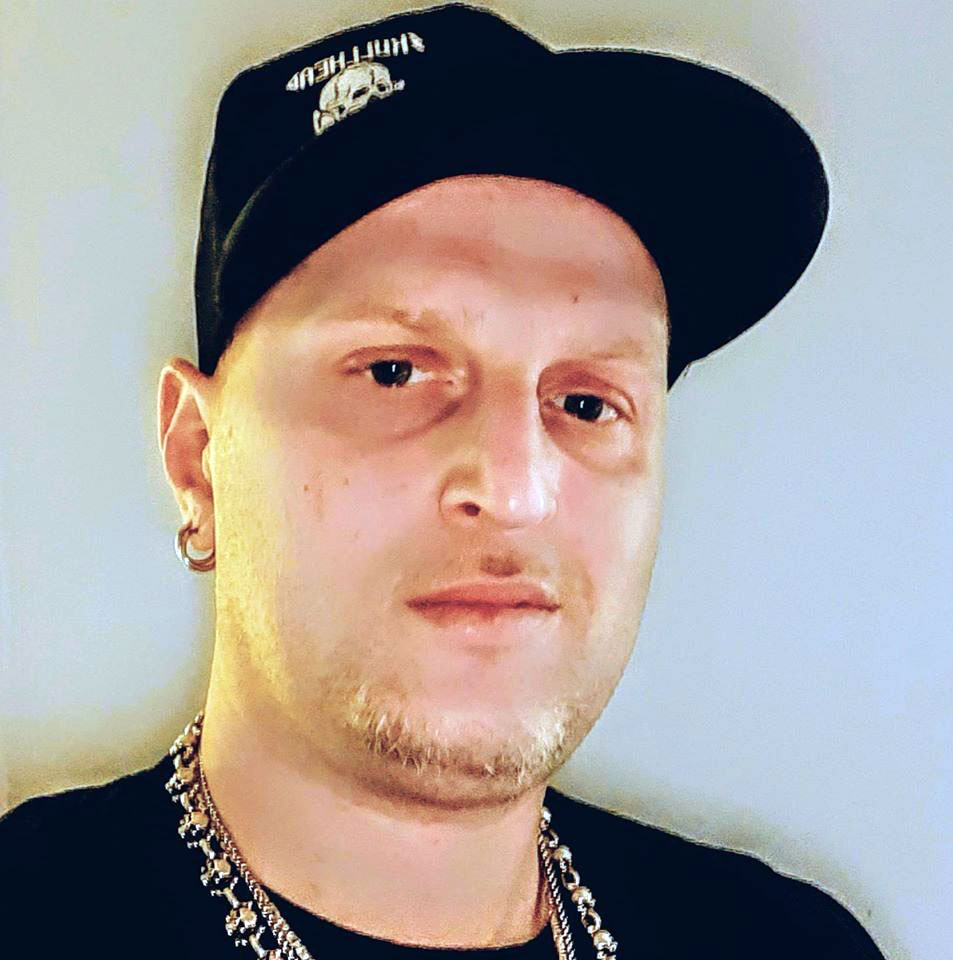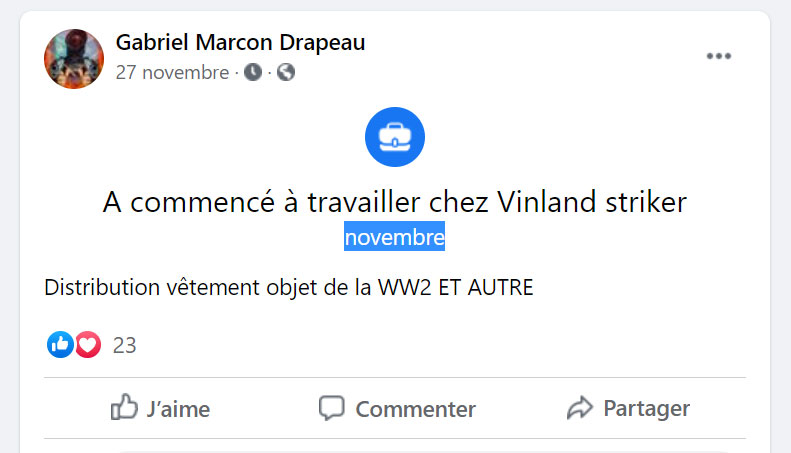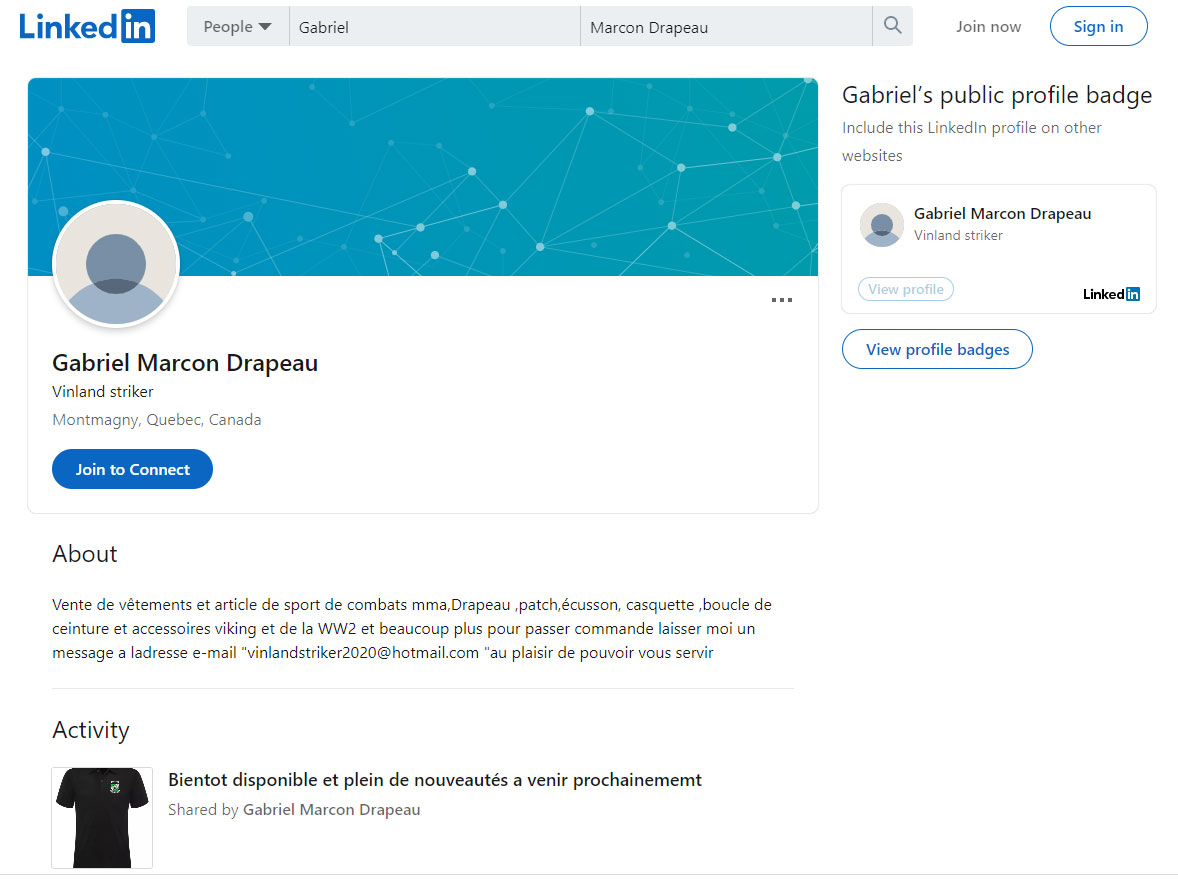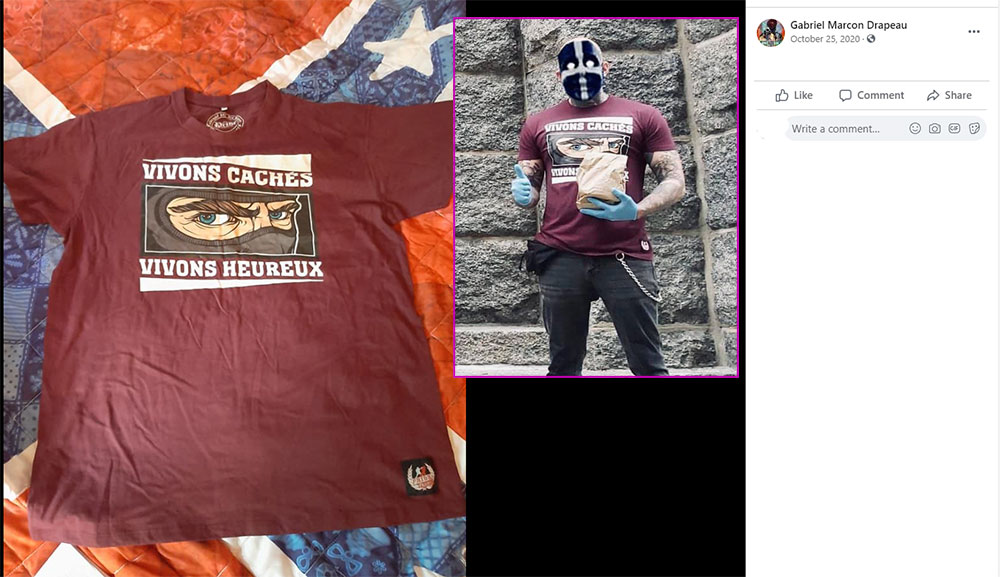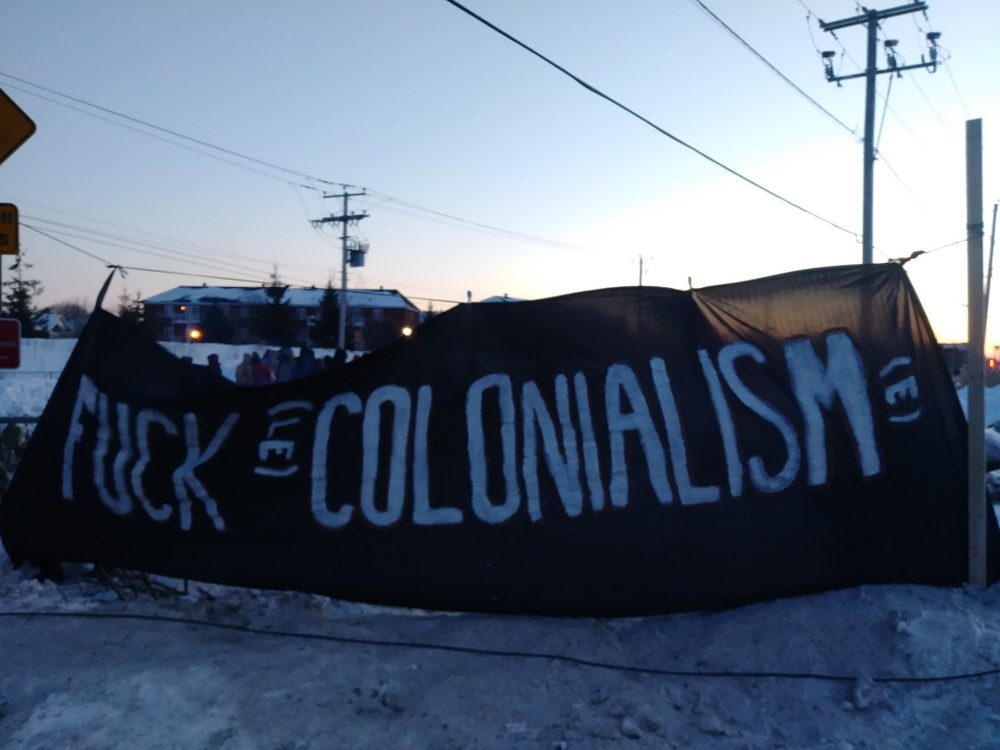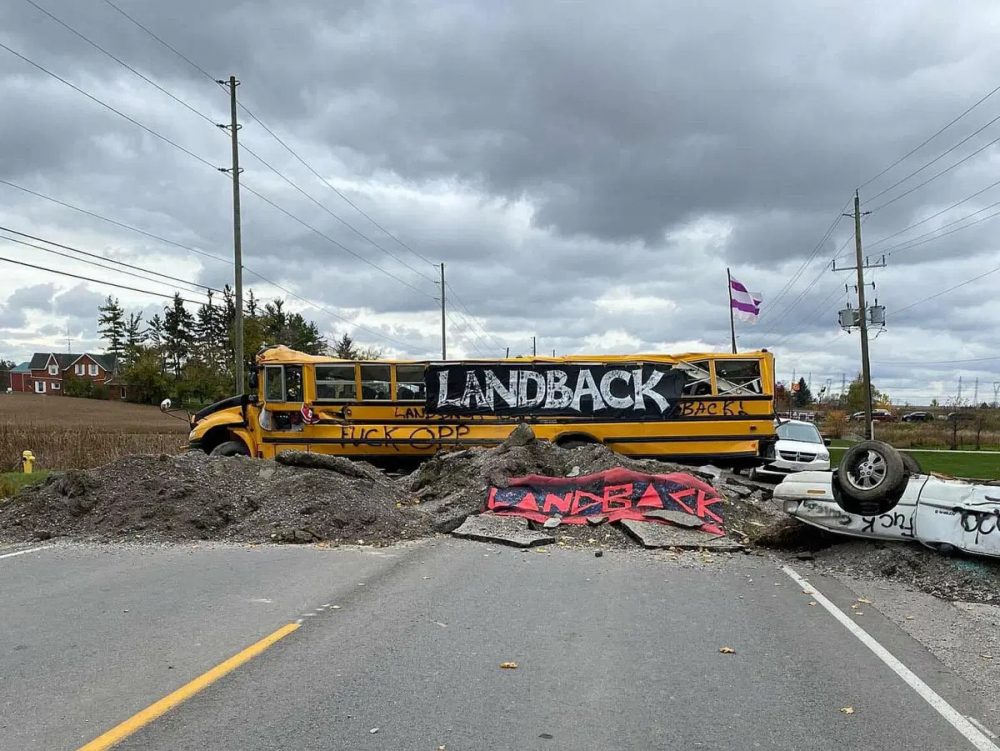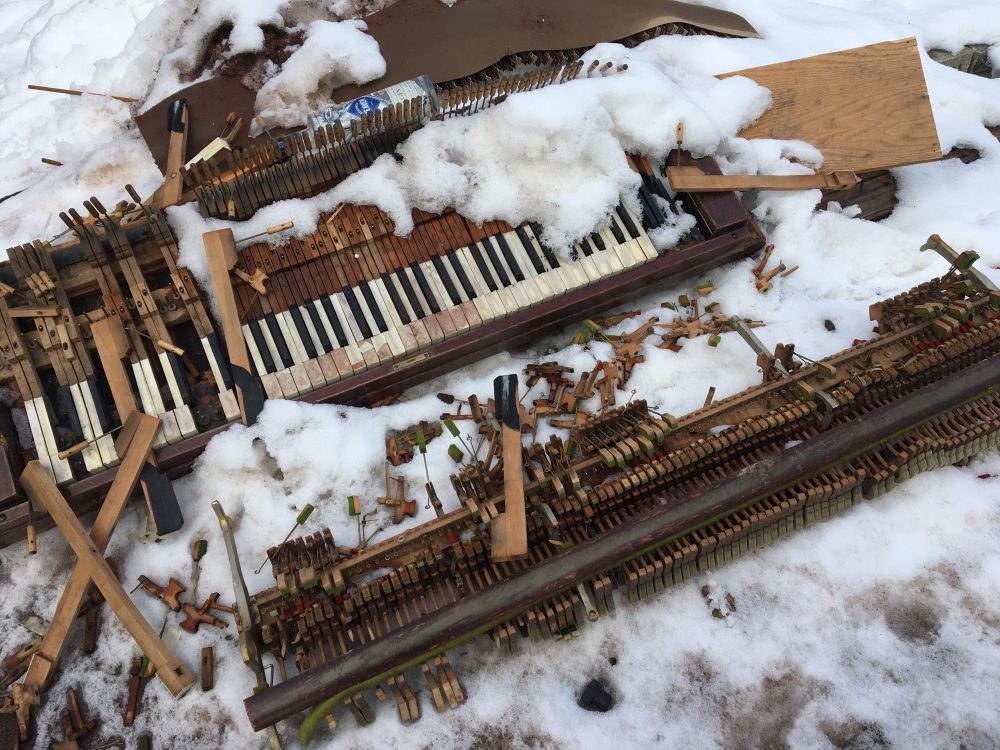
Anonymous submission to MTL Counter-info
The original French version of this text can be found here.
In early 2020, a truly awful text entitled “Re-attachments: Toward an ecology of presence” (or Rattachments: Pour une écologie de la présence, in the original French version) was published out of Quebec, signed by a collective called “Dispositions.” Anchored in appelist thought, this text combines out-of-context linguistic mysticism with certain thinly disguised conservative ideas and also defends tendentious neocolonial and capitalist positions – all with an altogether astonishing narcissism. Up until this point, we’ve kept our critiques of this text to the private sphere, as it did not seem worth the effort of critique on our part. Unfortunately, the fact that the text is circulating once again a year after its publication, and been translated into English, compels us to react. Though we developed our critique specifically in response to Rattachements, it could easily also apply to an American text that inspired it, Inhabit (itself now also translated into French and distributed in Quebec). Citations follow the order of the text, but are not precisely referenced, as the printed version of the text is not paginated.
After hurriedly presenting the current crisis, both human and ecological, Rattachements proposes that we transcend the paralyzing binary permeating the environmental movement: “activist environmentalism” and “individualist environmentalism.” One might expect a strategic proposal to replace this binary: to the contrary, the authors claim that to operate within the terrain of values, to determine the “orientation of [an] action,” falls within “activism” and that it is therefore of no interest. From the get-go, it seems that an esoteric immanence sprinkled with belief in the future (a hope counterbalanced later in the text) stands in for political strategy: for the authors, it would be sufficient, according to the authors, to “[know] that all the components for a magical life are already there waiting for us — understanding that we are acting in the long term.”
Who exactly the authors are addressing in this text is not specified, although it is indicated in the negative at the beginning of Section II. An assertion – reeking of class condescension – that poses the question of how one might “speak about ‘nature’ to the subjects formed by the metropolis.” The tone seems to connote genuine sorrow for the dispossessed urban poor, but nothing is said about how their dispossession should be overcome or how people so deprived might reconnect with nature, other than by buying land in the country. In effect, the authors insist on a reconnection to nature that is nothing but the privilege of the wealthy. So, to the poor dispossessed: so sad, but there is no ‘redemption through presence’ for you in Rattachements.
Elsewhere in the text, the authors correctly observe that the state seeks to capture the totality of struggles in defense of the earth and will pass off just about any green policy as progress towards our collective well-being, but they refrain from mentioning any of the myriad anticapitalist, radical ecological, and decolonial groups and collectives that struggle against the state without being captured by it. The authors render invisible the totality of existing radical movements in order to underscore the supposedly exceptional nature of their thinking and the inspired brilliance of their practices. In expressing regret at this supposed absence, this text intentionally obscures the practices of millions of people struggling around the world. As the real and existing radical movement is ignored by the authors, they propose the following in order to bring about change: “It is a question of defending forms of life from that which denies their possibility. It is about fighting and defeating the enemy (whose many forms lurk both within, and outside of us).” We do not know which forms of existence must be saved nor which enemies must be fought. An ellipsis would suffice, according to the authors. Capitalism? Colonialism? These terms are virtually absent from the text. A particular mention of settler colonialism (a few pages before the middle) is certainly relevant here, affirming that settler colonialism continues its policy of the extermination of Indigenous communities in Quebec and Canada, although the authoritative tone employed to express this (rare) interesting idea contrasts strangely with the subjectivism of the rest of the text.
While Rattachements claimed from the outset to break with traditional politics (indicated by their disdain for “activist environmentalism” as well as for strategy), a new perspective is put forward near the middle of the text that stands in direct contradiction with its presentist politics. Indeed, after having advocated a sort of mystical return to the self, encouraged a search for “the components for a magical life”, after having ignored social and collective problems, the authors contradict themselves in stressing that politics is the art of conflict, and that acting (politically) against “the economy” (why not capitalism?) implies “a real territoriality — a presence, a reattachment” … and thus “the possibility of concrete conflictuality.” Let’s be generous and assume ‘being present’ is a necessary prerequisite to ‘being in conflict.’ But beyond that, nowhere is it explained how a mystical presence in the world would become, by force of words, a real conflictual presence. Is it even possible to theorize political conflict without collective organizing (in the social and class sense), without strategy, without naming the (capitalist) enemy, etc? The presence that is advocated here is totally individualistic and devoid of political content. Note once again that only this signifier “presence” (in oneself, in nature) serves as political content from the beginning of the text to the place where we find ourselves. It is thus unfortunate to see that the authors, in attempting to integrate some bad Carl Schmitt as regurgitated by French appelistes, don’t even manage to pose a real political contradiction.
For sure, beyond mystical presence in and of itself, the whole notion of re-attachment ignores the question of the settler colonialism that founded the Americas. It seems a single mention of this colonization passes for serious reflection on the subject and, especially, suffices for drawing political consequences from it. Indeed, in the second part of the text, the authors incessantly speak of inhabiting, territories to inhabit, areas to (re)take, and so on: themes that are just new deployments of colonization, under a different name. Let’s say it plainly: if the authors of the text are claiming that territories are ‘rightfully due to them,’ it is because they have totally internalized the values of the white colonial bourgeoisie, the only social class that speaks of its right to vast open spaces and various territories, and for whom a simple affirmation of their existence constitutes politics.
The authors insolently take advantage of this to reject the collective responsibility that descendants of settlers bear. Recognizing this collective responsibility is necessary if we want to think through a real decolonial politics, but this is of no importance to the authors: they fear that such a recognition leads only to a “sacrificial politics.” The chain from cause to effect – from the acceptance of our collective responsibility in the genocidal colonial process to the issue of sacrifice – is not made explicit in the text. Rather, it seems that by refusing to carry this shared responsibility, they are trying to make their desires in unceded territories more palatable: to reappropriate territories, to build houses there, to cultivate the land, to be able to own property, to celebrate freely with friends, to be “present” and to place themselves beyond reproach. And to prevent others from discovering their secret: that such practices are nothing other than a new coloniality and a vague hedonism. This neo-colonial mentality at work was showcased at length in the excellent text Another Word for Settle: A Response to Rattachements and Inhabit. This text shows clearly the profound flaws of these two appelist texts.
For the Dispositions collective, not wanting to talk about collective crimes Western societies and individuals have perpetuated right up until the present day is just another way of absolving themselves of their political responsibilities. After having (very poorly) discussed political conflict near the middle of the text, the authors quickly circled back to their personalist leitmotif. Under the pretext of not wanting to guilt individuals (because guilt paralyzes political action), they refuse to name systemic problems. The simple solution would be to take aim at capitalism, the state, and its structures – this would also designate a clear enemy and create political conflict. In refusing to do so, the authors are instead unilaterally wagering that their self-absolution leads to inaction, or even to compulsory inaction. As a result, the authors fall into a wilfully naive relativism about responsibility, according to which there are neither ‘guilty nor victims.’ Starting from immanentism and personalism as politics, the text struggled with the issue of politics before reaching a conclusion that is liberal, apolitical, individualistic and contrary to any social revolutionary spirit.
Is pessimism the fundamental affect of the times? For the authors, perhaps. Although one wonders if this affirmation is not simply serving to justify anew the duty of inaction, the right to avoid struggle, the refusal of strategy. Another way of justifying that in these difficult times, it is better to be in love with oneself, which is truly in step with the times. But now the situation is reversed: never short of contradictions, the authors affirm now that we must “[become] responsible.” Nice words from those who are not ‘guilty’ but rather ‘pessimists.’ Is this really a contradiction? Not totally, since the responsibility posited by the authors is individual (towards oneself and one’s friends) and concerns the relations the individual maintains with others and with nature. Historical, political, and economic responsibility are cast aside. What is needed is to be responsible towards yourself and your neighbours. Doesn’t that just remind you of the “individualist environmentalism” decried at the beginning of the text! Or simply liberal individualism. Of course, for those who are not crushed by social and economic structures, it is easy to take on responsibility ‘towards’ oneself, with an aura of stoic saintliness. It is different for peoples and individuals who organize themselves and fight against colonialism, imperialism and capitalism; but it has long since been understood that Rattachements was not going to speak of the wretched of the earth, obsessed as it is with the spiritual reconnection of the white colonial petty-bourgeoisie to the world that surrounds them.
How do the authors propose getting past the initial dichotomy of the text? How should we conceptualize political conflict? “To make ecology truly political, we must ask the following question: what makes it possible for this or that community to live a fulfilling life, to increase its happiness?” Fairly weak as a grand political statement for the current era. Fighting capitalism? Organizing a new, self-managed world? Absolutely not: it seems that developing happiness and well-being in one’s own little corner of the world is enough to change the world and make revolution. This promise of happiness ‘in one’s own surroundings’ is the same as that of liberalism and capitalism, and is in no way in contradiction with social structures. Most members of the middle and upper classes can aspire to such happiness, without ever challenging the system of production and consumption that destroys millions of lives.
What is really at work here is the willingness to tend to your own garden and come to believe there is something inherently revolutionary about that. If you need more proof that the so-called politics invoked by the author are nothing more than the most banal ideas of our time: we should care for our relations, our collective apartments, our shared houses and our political meetings. Apart from the distasteful touch of ‘ownership,’ there is only a desire to get along well with your friends. No politics. Just: ‘I want things to go well with my housemates and with my crew.’ As in the whole text, no political, social or collective problems are raised. The authors admit that it is because they feel “so dreadfully inert” that they wish to reconnect with presence. Their condition seems to stem from simple depression, not a political call.
Some dubious references are brought up at the beginning of Part III: a mythical peasant life is invoked in a gesture that is both backward-looking and confused, experiences of the Zapatista struggling for self-determination are referenced (even though these experiences stand in direct contradiction to the reoccupation of territories by the descendants of colonizers, at the heart of the authors’ project), and finally they emphasize the autonomy of the Kanienʼkehá꞉ka, as if indigenous peoples were not specifically subjected to a colonial regime of non-autonomy in so-called Canada. It’s clear that these figures serve only to give the text a decolonial veneer, although the veneer is cracking due to the ‘back to the land and good rural life’ aspects of the text – an approach that is quite simply conservative and colonial. The authors again feel the need to insult those who engage in activism: they are making a “lazy self-sacrifice.” Why? Because they do not adhere to the bourgeois presentism and individualism of the authors? Coming from those who prefer to drop out and party on stolen territories with their clique, the insult is a particularly low blow.
In critiquing the pacifist strategies and tactics employed by certain environmental groups, the authors don’t hesitate to lump all activists together in the same boat. They counterpose to activism “the need for ecstatic forms of life,” the only form of “real organization” according to the authors. This is absurd nonsense: the text asks its readers to not only spit on activists, but also to favour the murky (and once again, mystical) idea of ecstasy over collective struggle, organization, and, yes, even sometimes sacrifice. On one hand, it should be noted that throughout the text the authors conflate activism, reformism, sacrifice and “absence from the world,” concealing various radical and social practices of struggle and proposing no solution other than their presentism and their retreat in “the commune” (a term that is out of place in this text). On the other hand, the authors seem unperturbed by the idea that “ecstasy” can be reserved for those whose class conditions – notably, economic – allow them to treat themselves to such a good “ecstatic” time. Would the authors dare to demand that night-shift warehouse workers in the Saint-Laurent industrial park not struggle against their employer, but ‘choose’ ecstatic life instead? Would they dare to submit their ‘ideas about ecstasy’ to those incarcerated in Leclerc? The narcissism and classism of the text peak right around here. How could you think for one second that for the truly oppressed, a choice exists between struggle (a bad sacrificial choice according to Dispositions) and the life of ecstasy (which one can choose deliberately if we wish to). This is how 200 years of revolutionary materialist reflections and practices go up in smoke.
And this ecstatic life, what does it look like? One must fight, steal, travel. And most importantly, “[find] money, [acquire] buildings and land to put in common. [Watch] life flourish.” In sum, fun pursuits for having a good time in the present, and capitalist pursuits for real life, for the future. We can’t help but observe that this ‘strategic’ paragraph of the text (the authors are clearly ignorant of the meaning of this word) only deals with festive and individual activities, as well as investments and classically economic activities (liberal and capitalist). If buying land and forming a cooperative on it is deemed to be revolutionary (or a strategy!), the authors will need to learn that it is not: buying a parcel of land and forming a cooperative on it is an economic action belonging to the capitalist regime and made possible by it, accessible only to the global middle and upper classes due to the costs of investment. It is also, in the context of North America’s foundational settler colonialism, an action that generally serves to perpetuate colonialism. Obviously, it can be useful for revolutionary movements to possess infrastructures, spaces, etc. But this possession, legal and capitalistic, is never revolutionary in itself, and even less so when it is used personally or for one’s small group.
The only concrete proposal in the text is therefore to abandon political struggles in favour of the self (family or nucleus of friends), and then to adopt capitalist life practices that allow individual enjoyment for those who can afford it. We find here the melting-pot that we named at the beginning of the text: the conservatism of bourgeois values, neocolonialism, capitalism, individualism and hedonism; we are entitled to assume that this is what is meant by finding “all the components of a magical life.”
Neocolonialism and conservatism are taken yet a little further, in the very fashionable vein of ‘back to the land.’ It thus becomes important to gather “what our aunt taught us about plum trees, how to sharpen our wood carving knives, how to can ten bushels of tomatoes.” We must find ourselves in “the commune” (again, a term out of place in this text), meaning in the country house bought with our friends, to perform these highly symbolic actions. The authors teach us that such actions are even capable of “definitively suspending the progress of the catastrophe.” It’s heavy with retrograde values as well as totally apolitical actions that are simply a matter of daily life. In short, nothing very ecstatic. Finally, we don’t need to judge the ecstasy of others: rather, we can judge that living with a few people in the countryside, while unburdening ourselves of our political responsibilities, does not in any way augur well for a revolutionary organization or political triumph. It is hard to see how such a project would distinguish itself from the myriad individual and apolitical initiatives trying to establish rural settlements (increasingly popular due to anxieties provoked by the ecological crisis) or worse, from green entrepreneurship (the famous organic permaculture farm). If these “autonomous” initiatives were really able to bring about the overthrow of current capitalist and colonial structures, Val-David would long since be a commune liberated from the market and from all oppression.
The last two pages condense various hallmarks of Rattachements: no structural analysis, no material analysis, the domination of our times considered primarily subjectively, a call to mystical presentism (return to oneself, to real life, to the world), a so-called politics that ignores all actual living conditions, etc. The climax of this colonial, capitalist, narcissistic and mystical text: “To make oneself both perceptible and open to perceiving. Affect and power, orientation and magnitude. It is not a question of fighting on ‘two fronts’, but of the practical elaboration of the double meaning of “presence” and “sensible.” The text thus closes its long litany of contradictions with a sentence that means absolutely nothing.
***
This long critique may seem repetitive and sometimes confusing. It nevertheless simply follows the thread of a long text called Rattachements, itself confused, full of contradictions, not fulfilling its promises. The text is meant to be a reflection on the present time and a proposal for revolutionary action, but in our opinion it is nothing more than a long display of neo-colonial, bourgeois, capitalist and narcissistic values. There are many absurdities, many contradictions, a vulgar personalism and nothing useful for current revolutionaries. Those who don’t think the text is so terrible should take the trouble to reread it carefully: it is terrible, it is an enemy. We know that the people behind this text are not enemies, but we cannot be complacent in the face of what they have written and distributed.
In the end, their text proposes yet another enviro-capitalist and individualist ‘alternative’: the very type of practice that diverts the vital force of political action and that contributes to the catastrophe under the pretext of ‘personal action.’ The lines of argument of Rattachements are contrary to the social and political understanding we need, contrary to the collective organization necessary to fight against the capitalist system. We believe that a different analysis and politics are needed: a politics made by and for activists and the oppressed which must lead us towards a self-managed world; not a politics of little narcissists living their best life in the countryside. Individualistic desertion will not save us and cannot guide our actions in the times to come. As long as Rattachements circulates, it is our duty to criticize it harshly.




